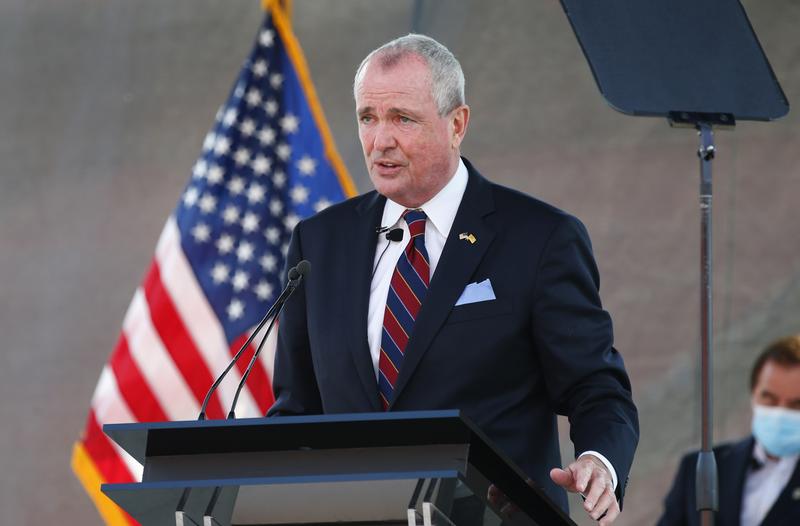
In one of the most sweeping measures of its kind, New Jersey Gov. Phil Murphy lifted immigration restrictions on the state's occupational licensing requirements on Tuesday, signing into a law a measure that would bolster the state's professionally-trained workforce.
"This is the smart and right thing to do on so many levels," Murphy said during a remote bill signing. "You still have to meet the qualifications for these licenses. The barrier we’re replacing is this whole business of lawful presence required."
New Jersey is the first state on the East Coast to eliminate immigration restrictions for all of the roughly 200 professions it licenses. That includes doctors, nurses, teachers, cosmetologists and electricians.
For 20-year-old Estrella Rivas that means her undocumented status won't stop her from getting her medical license —and becoming a doctor.
"My immigration status has meant that doors are closed on me and sometimes they are slammed in my face," Rivas, who is on the pre-med track at Rutgers University, said. "We all deserve the ability to thrive. Our state's future depends on everyone being able to partake and contribute to New Jersey."
The bill received bipartisan support in the Legislature and was championed by immigrants rights groups like Make the Road New Jersey for years. The shortage of nurses during the COVID-19 pandemic gave the issue additoinal urgency. The Migration Policy Institute said there are 14,000 immigrant healthcare workers in the state with under-utilized degrees, largely because they're undocumented or they were educated abroad and find it hard to get work in the U.S.
Those applying for a license still need to meet all other requirements, but WILL no longer need to provide a social security number or work authorization. Federal law requires all license applicants to prove lawful entry into the U.S., unless a state eliminates that requirement.
The new law does not give immigrants work authorization, but undocumented immigrants can start their own businesses or operate as independent contractors using an Individual Taxpayer Identification Number to file taxes.
Licensing changes take effect immediately.
